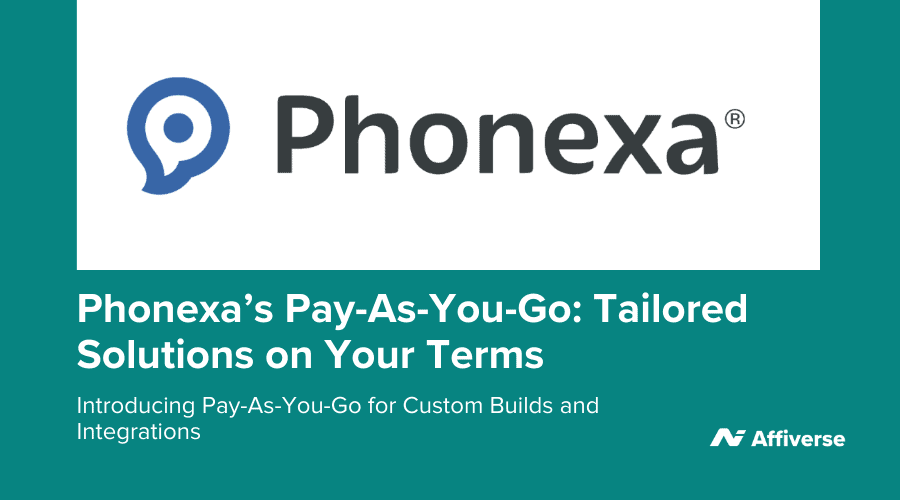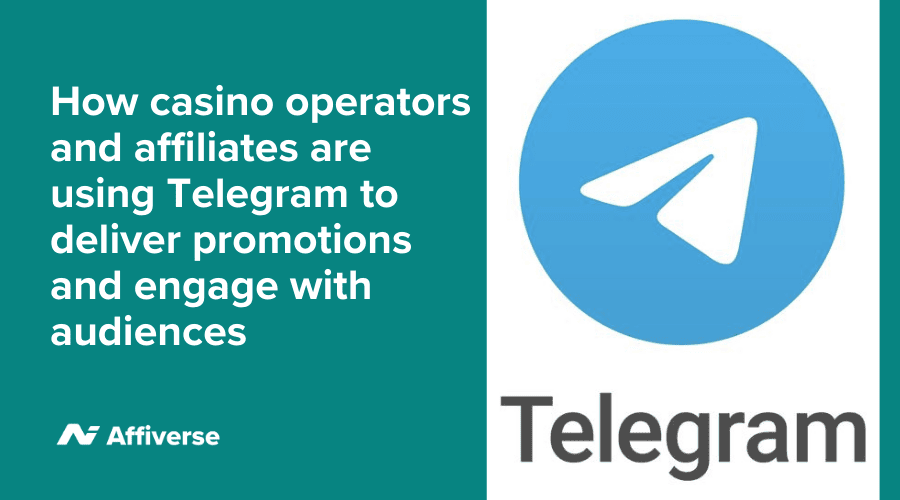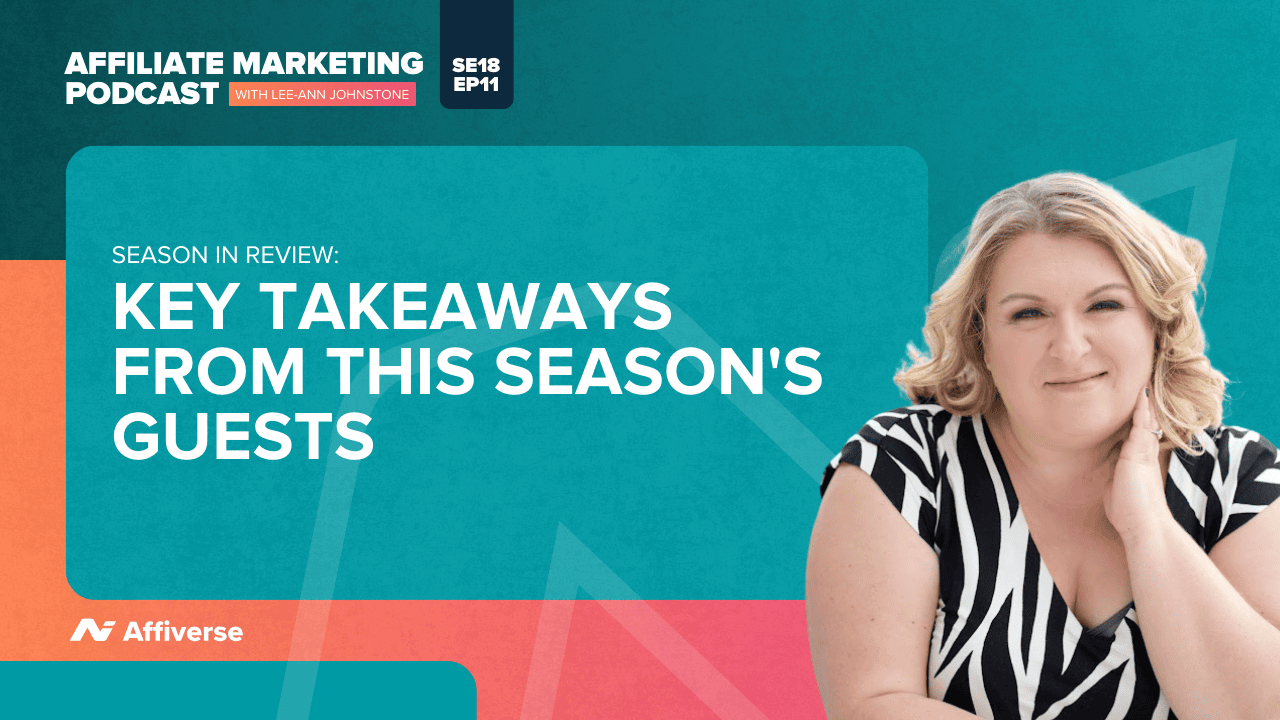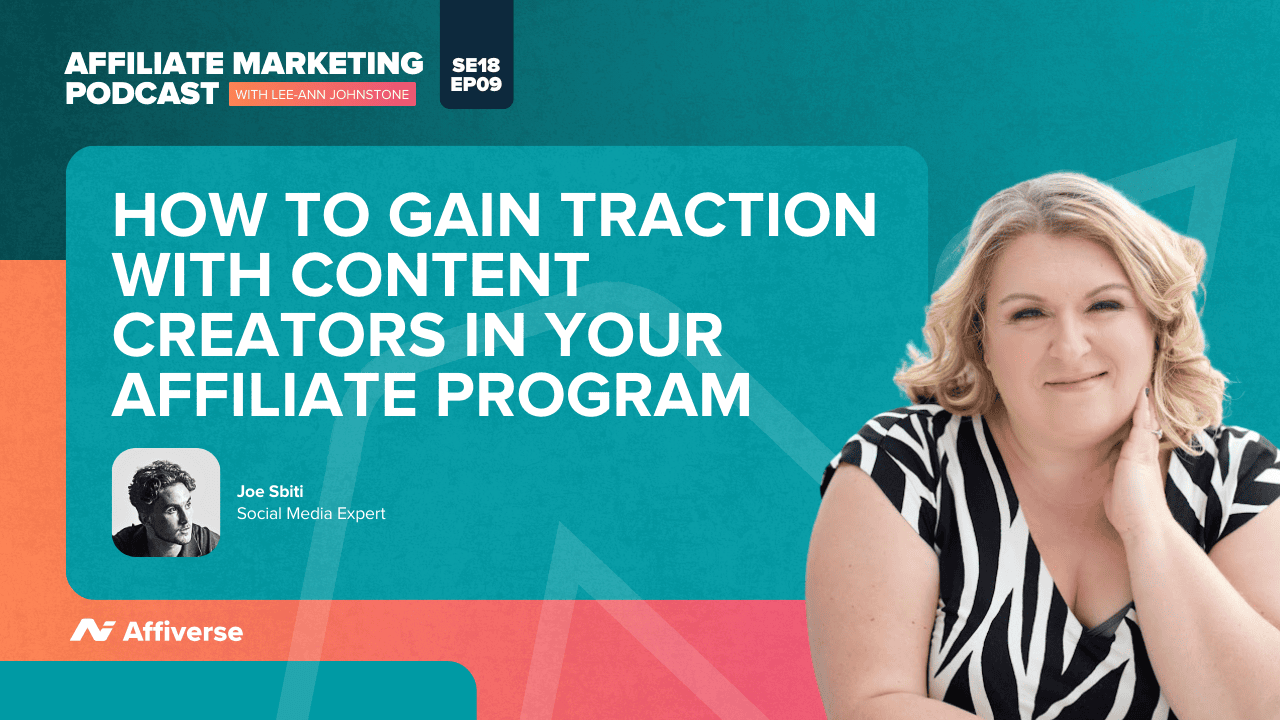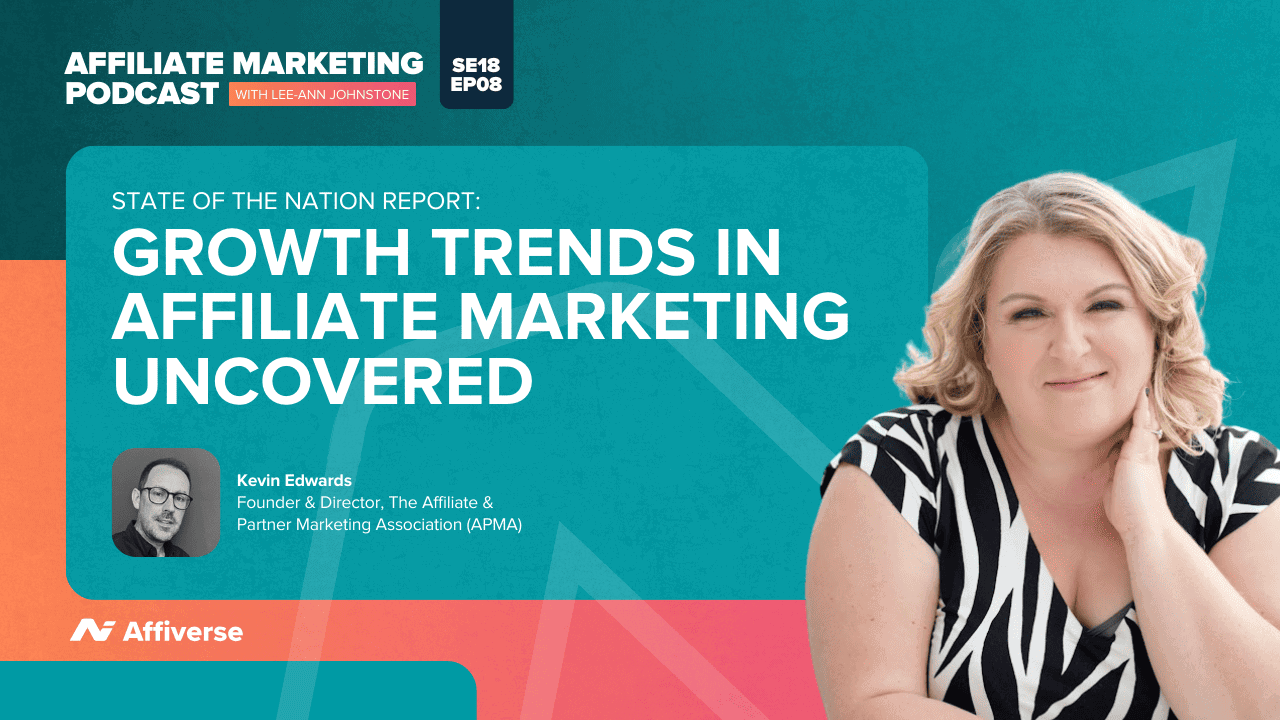Affiliate Guidelines : Understanding the Code of Conduct
With regular fines being handed down by the Gambling Commission, many affiliates are paying more attention to advertising guidelines. We have a code of conduct and we can learn from the mistakes of others, but do you know what you should and shouldn’t be doing on your own affiliate portal?
The Need to Know Guidelines
During the latter half of 2017, the UKGC really ramped up how often and how much they were fining operators. This also included a number of fines given to operators because of the behaviour of their affiliates, with big brands like Gala Bingo feeling the sting. This revelation led to a lot of brands closing their long tail affiliate programmes entirely and others enforcing a three strike rule.
With the fines ranging from misleading terms to implications on what gambling could do for your mental health, it’s a broad spectrum. Many affiliates are now adopting a best practice approach themselves, preferring to go overboard with compliance than risk a fine to their operator partners.
Allan Turner from BGO World says: “With the codes being interpreted differently in some cases by operators the best thing an affiliate can do is read the full codes themselves so they aren’t just relying on 3rd party guidance. The codes and documentation from the UKGC, ASA, LCCP and ICO are publicly available, and the relevant information is easy to find, so it’s just a case of being proactive.”
Going wrong with these rules can be dangerously easy, though if you’re in the know you’ll be able to avoid the most common pitfalls. Where possible, you want to err on the side of caution with these rules.
Turner suggests “ Once affiliates have updated their sites/ads/social media channels they should run their work past their operator partners to ensure they are happy with the changes. Affiliates also should look at the way they they publish content, by using the content hosted by the operators who can then ensure the task of information management is handled by the operator to ensure their sites are always up-to-dated and compliant.”
This includes the implementation of 18+ logos and the addition of a reference to the Be Gamble Aware site on ads and marketing materials. The IGRG also assert that there is ‘merit’ to adding a further educational message too; such as ‘When the fun stops, stop’ to advertisements. They’ve also stated that brands should consider using the words ‘For more information and advice visit’ prior to the Be Gamble Aware information as another way to go beyond the basic requirements.
The IGRG have also stated that it’s not always possible to carry this information within a banner ad, but if this is the case all of the same relevant information should be available on the landing page for the ad.
We’re also seeing massive moves to reduce the amount of cartoon characters or advertisements that could possibly appeal to children. This came from a change in regulation from the CAP on socially responsible advertisement. This means that many affiliates have been removing references to games like Jack and the Beanstalk on their portals – as these could feasibly appeal to children.
If you run PPC advertisements on your affiliate site, then it’s important to be aware of this change too. The CAP have been clear that advertisements that offer a link to gambling must not appeal to children and must be behind a suitable age verification check. For affiliates, this would mean a change to your strategy if you were targeting a ‘Jack and the Beanstalk’ keyword for example. Right now, you may be using this to advertise the best places to play the slot, but the CAP would rule this to be non-compliant.
Many of the same rules apply with social media advertising also, with the targeting of over 18s only another sticking point for the commission. It’s best practice to only target paid ads and pages to those over 18, but the content must still not be seen to appeal to children. The CAP have stated that the age verification on sites like Facebook can be circumvented easily and so additional steps must be taken by those advertising gambling content to ensure that it should not appeal to those under 18.
Upcoming Changes and GDPR
The vast majority of these changes truly came into force in late 2017 and there are more changes on the way for affiliates. Part of this will be the GDPR changes that will come into effect as of next year, which will affect how affiliates are able to store user data and what rights those who have shared their data have.
By the 25th of May 2018, affiliates must be aware of the new regulations or risk falling foul of them. This includes a clause of ‘affirmative action’ in that users must actively consent to the communication, rather than passive pre-ticked box.
With all of the legal changes, affiliates need to be prepared to move quickly on new changes while operators must be more prepared to police their affiliates too. Affiliates and operators must work more closely together in order to ensure that both are compliant. This will usher in a new age of compliance amongst affiliates and operators, as they realise they must work together in order to stay afloat.
2018 could be a make or break year for the gambling industry, as it’s sure to present its own set of challenges. Lasting advice for affiliates would be to stay in the know at all times and be aware of new regulations as and when they come into effect.




